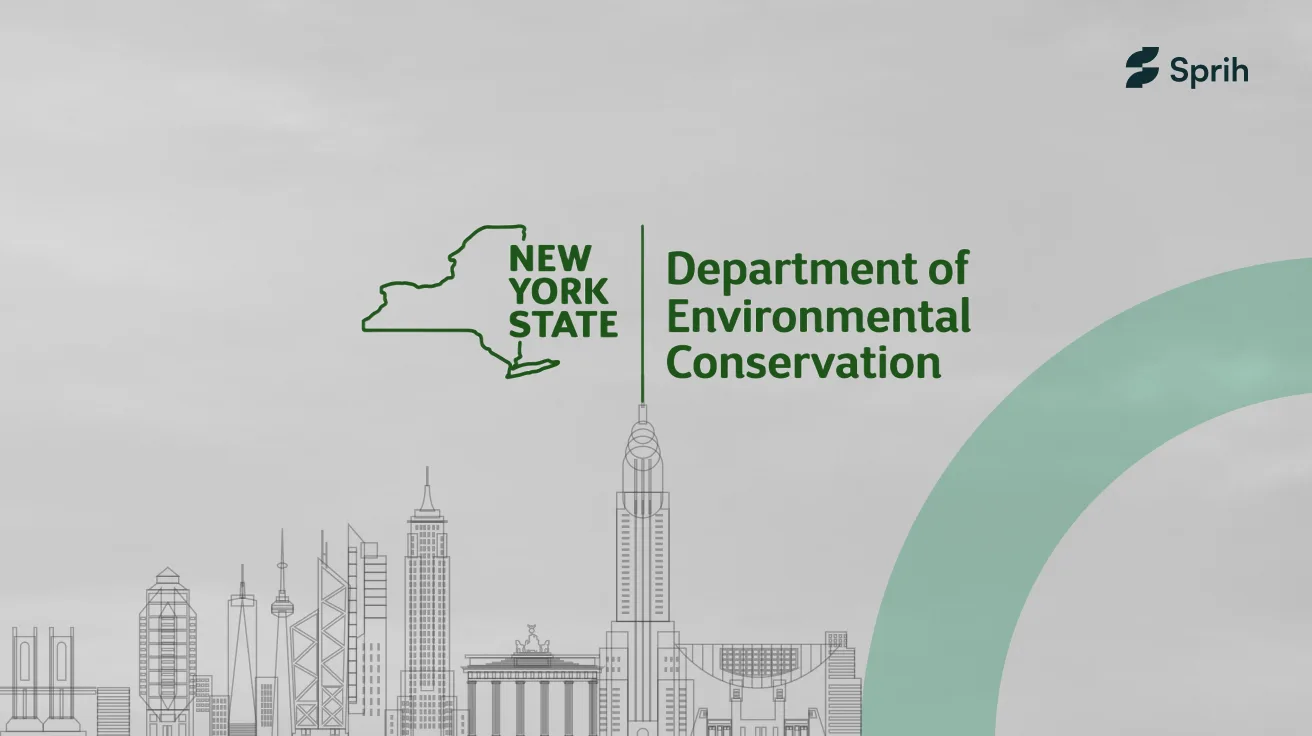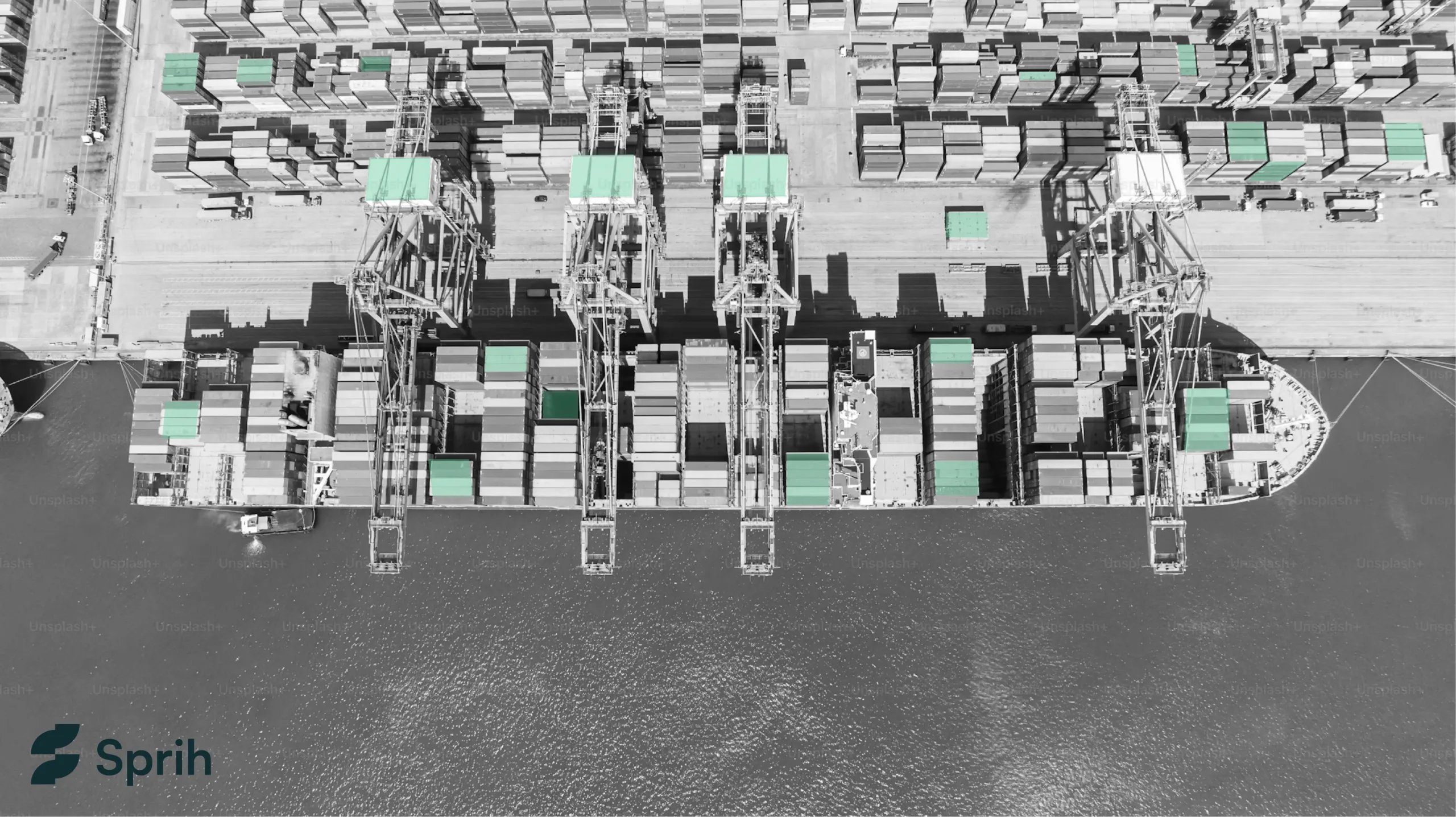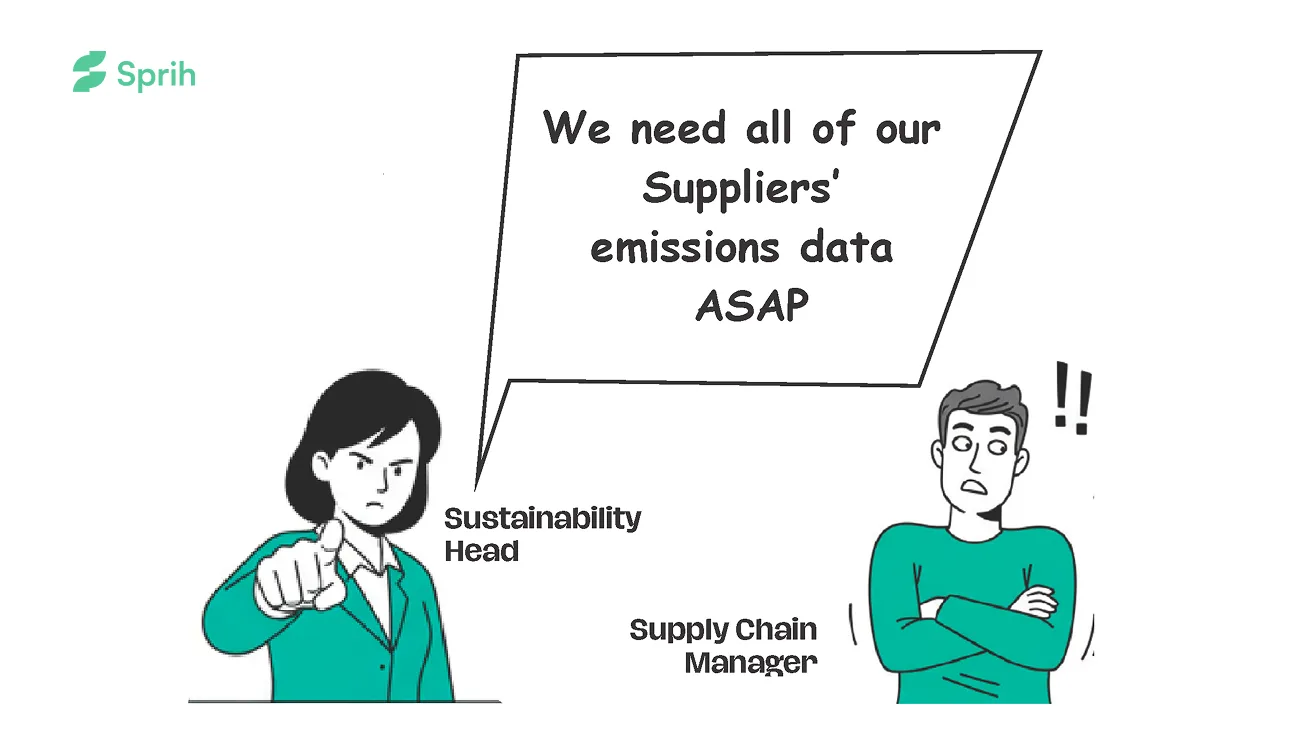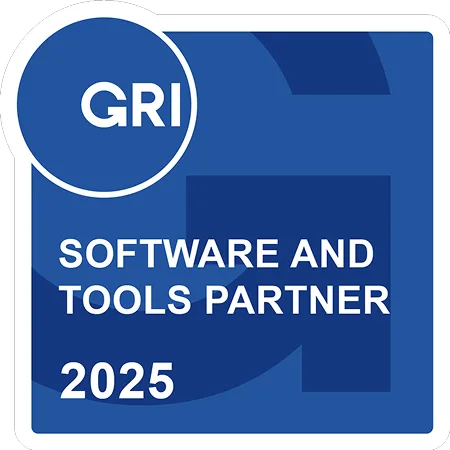The California Air Resources Board (CARB) has released an initial guidance on SB 253 and SB 261 in the form of Frequently Asked Questions (FAQs). Although the implementing regulation is still under development, the initial guidance provides enough indications for companies to prepare for compliance.
In this blog, we will help you stay well-informed about the current state and developments ahead, and offer strategic directions for effective compliance.
The Journey So Far and Path Ahead
CARB is currently gathering information for implementing Health and Safety Code (HSC) 38532 (SB 253: Climate Corporate Data Accountability Act) and Health and Safety Code (HSC) 38533 (SB 261: Climate-Related Financial Risk Disclosure Program).
Looking back
- Information Solicitation (December 2024): CARB sought public input on definitions and reporting frameworks.
- Enforcement Notice (December 2024): Issued to support early implementation and clarify requirements.
- Public Workshop (May 29, 2025): CARB presented legislative background, stakeholder feedback, rulemaking process, initial definitions, and sought feedback on program details.
Next Steps
- Additional Public Input: CARB will provide more opportunities over the next few months to gather inputs from stakeholders.
- Communication of Updates: Interested stakeholders can sign-up for email updates on the regulation development process here.
- Final Regulation: Following public consultation, CARB targets to publish the final regulation by the end of 2025.
In or Out? Clarifications on Applicability
CARB has restated the applicability of both laws in much greater detail, enabling companies to evaluate whether they are subject to compliance requirements under each regulation.
- HSC 38532 (SB 253): Applies to companies with $1B+ in total annual revenue doing business in California.
- HSC 38533 (SB 261): Applies to companies with $500M+ in annual revenue doing business in California.
While the revenue thresholds are well-established, CARB has now provided a specific definition of “doing business in California” to clarify applicability.
Definition of “Doing Business in California”
An entity is considered “doing business in California” under the reporting regulation if it meets both of the following:
- Engages in Business for Profit: The entity actively conducts transactions in California for financial or pecuniary gain, as defined in California Revenue and Taxation Code (CRTC), Section 23101(a).
- Meets Any One of These Conditions in a reporting year (per CRTC, Section 23101(b)):
- The entity is organized or has its commercial domicile (main business location) in California.
- The entity’s sales in California, including those made by agents or contractors, exceed $735,019 (adjusted for inflation, 2024 value). Sales are calculated based on rules in CRTC, Sections 25135, 25136, and 25137.
- The entity’s real property (e.g., land, buildings) or tangible personal property (e.g., equipment) in California is worth more than $73,502 (adjusted for inflation, 2024 value) or 25% of its total property value, as determined by rules in CRTC, Sections 25129–25131 and 25137.
- The entity pays compensation (e.g., wages, salaries) in California exceeding $73,502 (adjusted for inflation, 2024 value) or 25% of its total compensation, based on payroll rules in CRTC, Sections 25133 and 25137.
The D-Day: Deadline for Reporting
HSC 38532 (SB 253)
- Reporting: Entities must disclose Scope 1 and Scope 2 greenhouse gas emissions in 2026 for 2025, on a date yet to be set by CARB.
- Assurance: Independent verification (limited assurance) of Scope 1 and Scope 2 emissions data is to be obtained in 2026, on a date yet to be set by CARB.
HSC 38533 (SB 261)
- First Report: Covered entities must publish their first climate-related financial risk report by January 1, 2026.
- Frequency: Subsequent reports must be submitted every two years thereafter (biennially).
Taking Stock: Evaluate and Plan Ahead for Compliance
To align with the evolving requirements, companies should prioritize the following steps:
Engage with CARB
- Participate in the ongoing public consultation, offering your feedback on implementing regulation and other specifics such as the definition of ‘doing business in California’.
- Sign-up for CARB’s email updates on the latest regulatory developments to stay up-to-date.
Evaluate Obligations
- Assess if your business meets the criteria for “doing business in California” (e.g., sales, property, or compensation thresholds) and the $1 billion revenue threshold, including affiliates.
Develop Reporting and Compliance Systems
- Build or enhance systems to track Scope 1 and 2 emissions, with plans for Scope 3.
- Align climate risk disclosures with frameworks like TCFD, covering governance and risk management.
- Engage assurance providers early to meet verification requirements, as demand for these services may outstrip supply.
FAQs
When will SB 253 and SB 261 reporting begin?
For SB 253, Scope 1 and 2 emissions reporting will begin in 2026 (covering 2025 data), with assurance required the same year. For SB 261, the first climate-related financial risk report is due by January 1, 2026, and must be updated every two years thereafter.
How does CARB define “doing business in California”?
An entity is considered to be doing business in California if it earns income from the state and meets any one of the following: (1) California sales exceed $735,019, (2) real or tangible property in California exceeds $73,502 or 25% of global total, or (3) compensation paid in California exceeds $73,502 or 25% of global payroll. These thresholds are adjusted for inflation annually.
What should companies do now to prepare?
Begin by evaluating if your company meets the thresholds for SB 253 and SB 261. Engage in CARB’s consultation process, start mapping Scope 1 and 2 emissions, plan for Scope 3 data collection, and align your climate risk disclosures with TCFD or IFRS S2. Engaging an assurance provider early is strongly advised.
Is Scope 3 reporting mandatory under SB 253?
Yes, but not immediately. Scope 3 reporting becomes mandatory starting in 2027 (covering 2026 data). Third-party assurance for Scope 3 will be required from 2030. Companies should begin preparing data systems and supplier engagement strategies now.
Where can I get updates on California’s climate rules?
You can sign up for email updates from the California Air Resources Board (CARB) to receive notifications about upcoming workshops, final regulations, and implementation guidance. Staying updated is critical as the rules are still being finalized.













